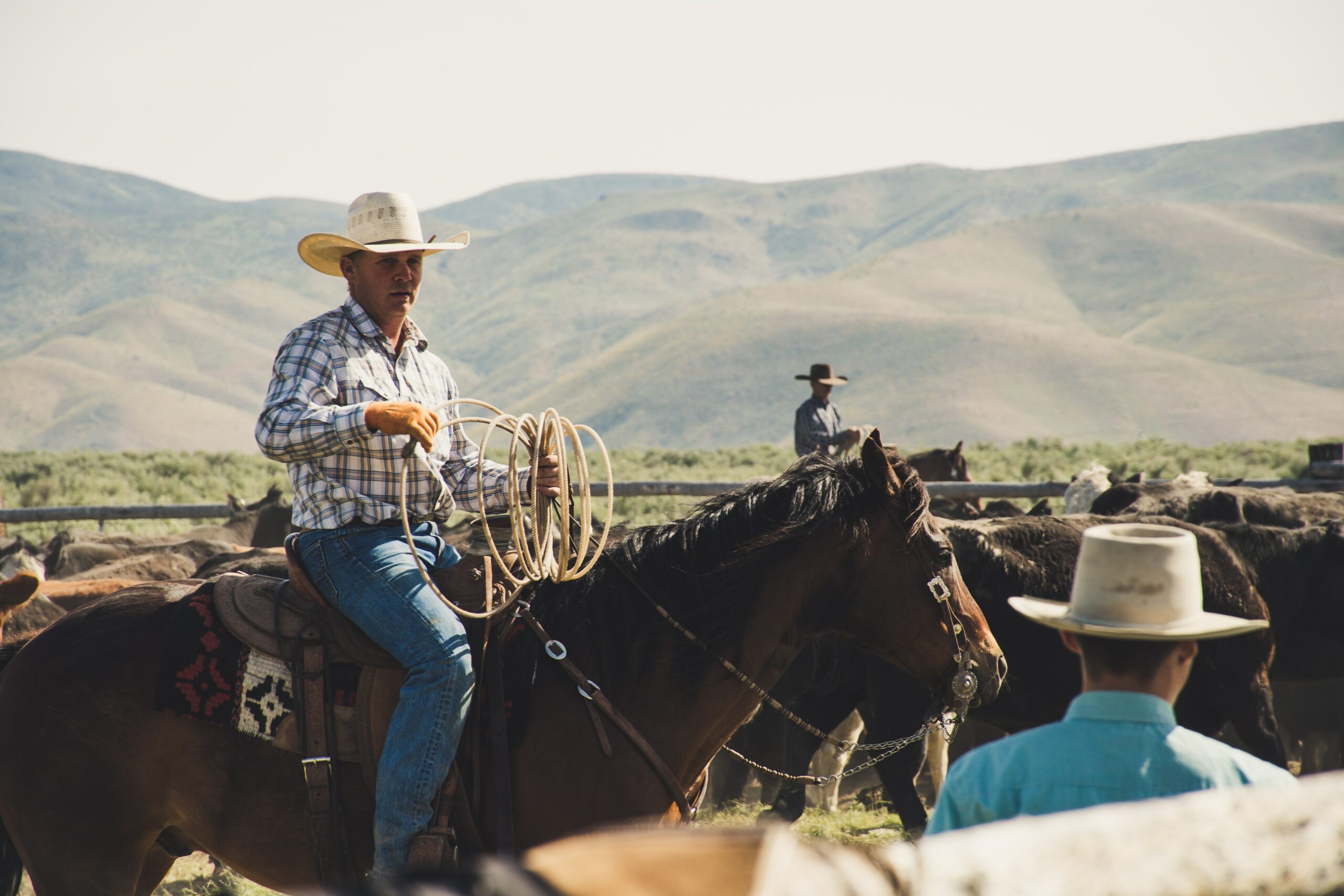Have you ever noticed your horse chewing on their lead rope and wondered what the heck they were doing?
I know I have! In fact, I once had a horse who loved to chew on anything he could get his teeth on, including lead ropes, halters, and even his own tail (yup, it was a strange sight to see).
But as it turns out, there are a few different reasons why horses chew on lead ropes and other objects. Read on to find out more!
Table of Contents
Horse Teeth and Chewing
Horses have teeth that are constantly growing, and chewing helps them wear down their teeth and maintain proper dental health.
Chewing on hard objects such as lead ropes can help grind down their teeth and remove any excess food particles stuck in their mouth. This is especially important for younger horses who are still developing their teeth and need to maintain proper dental hygiene.
Boredom or Anxiety
Chewing on lead ropes or other objects can also be a sign of boredom or anxiety in horses. If a horse is left in a stall or paddock with nothing to do, they may start to chew on objects as a way to alleviate boredom.
Similarly, if a horse is feeling anxious or stressed, they may chew on objects as a way to cope with their emotions.
Training and Habit
Chewing on lead ropes can also be a learned behavior that horses pick up through training or exposure to other horses.
If a horse is consistently rewarded for chewing on their lead rope (for example, by being given treats or attention when they do it), they may start to associate this behavior with getting a reward and continue to do it.
On the other hand, if a horse is turned out with other horses who chew on lead ropes, they may start to do it as a way to mimic their herdmates.
How to Address the Behavior
- If your horse is chewing on their lead rope and it’s causing problems, there are a few things you can try to address the behavior:
Provide chew toys: Giving your horse chew toys such as hard rubber balls or nylon ropes can provide an appropriate outlet for their chewing urges and prevent them from chewing on their lead rope or other objects. - Increase exercise and enrichment: Providing your horse with regular exercise and enrichment activities can help alleviate boredom and reduce anxiety, which can in turn reduce their desire to chew on objects. This could include turn-out time, pasture rides, or interactive toys.
- Use positive reinforcement: If your horse is chewing on their lead rope as a way to get a reward, try using positive reinforcement to encourage them to engage in more desirable behaviors. This could include giving them treats or praise when they engage with you or their environment in a positive way, or ignoring the behavior when they chew on their lead rope.
- Consult with a trainer or behavior specialist: If the behavior persists or you have concerns, it may be helpful to seek the guidance of a professional trainer or behavior specialist. They can assess the situation and provide guidance on how to address the behavior.
FAQ
Is it normal for a horse to chew on their lead rope?
Chewing on lead ropes or other objects is a common behavior in horses and can be a natural way for them to maintain their dental health and alleviate boredom or anxiety.
However, if the behavior becomes excessive or causes problems, it may be necessary to address the issue.
What if my horse chews on their lead rope while I’m riding them?
If your horse is chewing on their lead rope while you are riding them, it could be a sign of discomfort or anxiety.
It’s important to listen to your horse and address any issues they may be experiencing. If the behavior persists, it may be helpful to seek the guidance of a professional trainer or behavior specialist.
Can chewing on their lead rope be a sign of aggression in my horse?
Chewing on their lead rope can be a sign of aggression in some horses, especially if it is accompanied by other aggressive behaviors such as ear pinning or kicking.
However, it can also be a sign of other issues such as boredom or anxiety. It’s important to assess the situation and consult with a professional if necessary to determine the root cause of the behavior.
Conclusion: The Lowdown on Lead Rope Chewing
In conclusion, there are a few different reasons why your horse may chew on their lead rope, including maintaining dental health, boredom or anxiety, and learned behavior.
If the behavior is causing problems or you have concerns, there are steps you can take to address the issue, such as providing chew toys, increasing exercise and enrichment, and using positive reinforcement.
If the behavior persists, it may be helpful to seek the guidance of a professional trainer or behavior specialist. By understanding and addressing your horse’s needs, you can help prevent lead rope chewing and improve your relationship with your furry friend.
